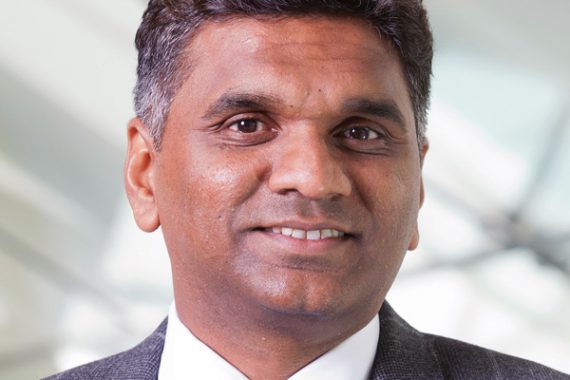GP leaders call for CQC to investigate link between ethnicity and practice ratings

Exclusive The chair of the British International Doctors Association (BIDA) has called on the CQC to investigate links between poor practice ratings and GP ethnicity.
Speaking at a BMA conference on race equality in medicine, BIDA chair Dr Chandra Kanneganti said further studies are needed to investigate the high proportion of ‘inadequate’ rated practices that are run by BME GP partners.
A Pulse investigation revealed in May that at least 60% of partners in practices receiving an ‘inadequate’ CQC rating are BME.
However, the CQC said they are not currently planning any work on the correlation between race and ratings.
Dr Kanneganti told Pulse that his presentation at the conference, which was led by BMA chair and GP Dr Chaand Nagpaul, focused on ‘racism and the issues in primary care’.
He said: ‘We need further studies about how 60% of GPs from inadequate practices are from BME populations.
‘I also looked at it from the other side of it – outstanding practices. You can count in single digit numbers how many BME partners are in outstanding practices.’
He added that more research is also needed ‘to look at the reports of outstanding and good practices to see whether there’s any correlation between that rating and BME doctors’.
He added that these trends could be due to ‘subconscious bias against BME partners’.
GP leaders in the BME community have previously told Pulse that minority ethnic doctors are often work in under resourced practices while ‘CQC inspections take insufficient account of context and pressures’.
Dr Kanneganti added: ‘We’re not saying that it’s true but we want more studies and research on it to make sure that it’s not case.’
The CQC told Pulse that it is not currently doing any specific work on the correlation between race and ratings.
Professor Steve Field, chief inspector of general practice at the CQC, said: ‘Our recent report on the state of general medical practice in England found that just 2% (116) of practices were rated as inadequate, while 86% (5,934) were rated good and 4% (299) were rated outstanding.
‘Of this small number of practices rated as inadequate, the common theme, and something we have flagged as a concern, is the impact of professional isolation, insufficient leadership and skill mix in the practice.
‘When we inspect practices we are inspecting the service as a provider of care, not individual GPs. CQC is committed to equality and diversity, and does not tolerate discrimination in any form.’
This comes after the British Association of Physicians of Indian Origin accused the GMC of treating BME doctors ‘differently and harshly’, following the case of Dr Hadiza Bawa-Garba, and called on the body to make clear what monitoring is in place regarding differential treatment of BME doctors.
The GMC announced in February that its review into manslaughter in medicine would look at ‘diversity matters’ around doctors that come under investigation.









